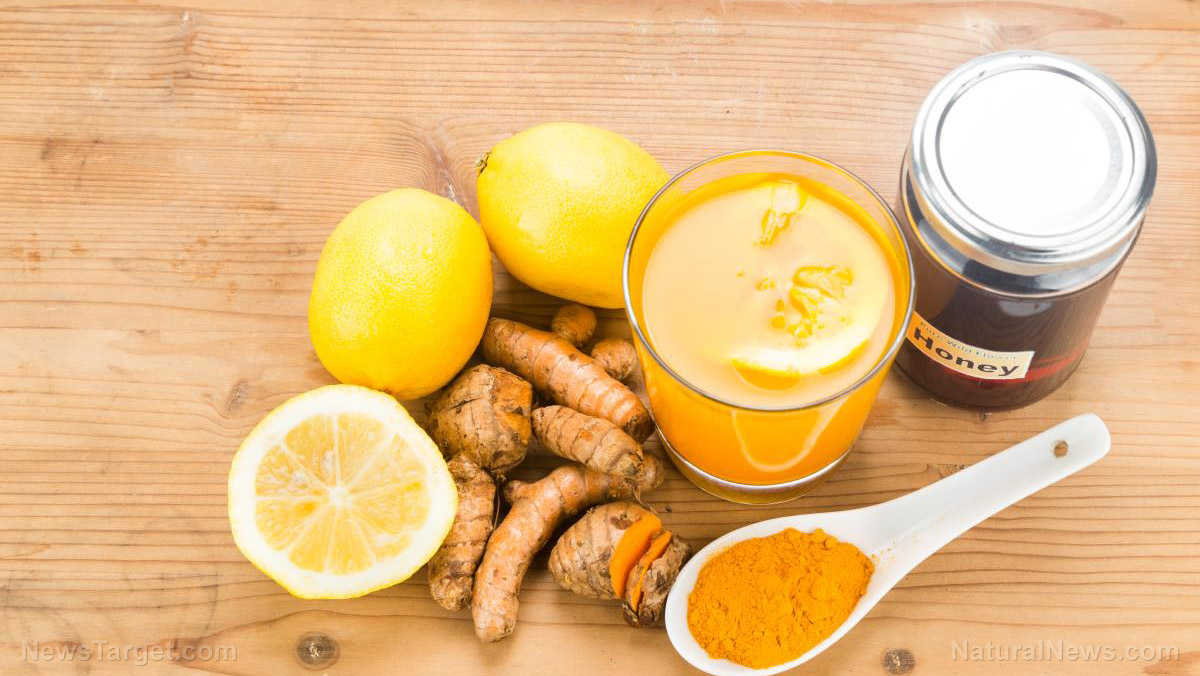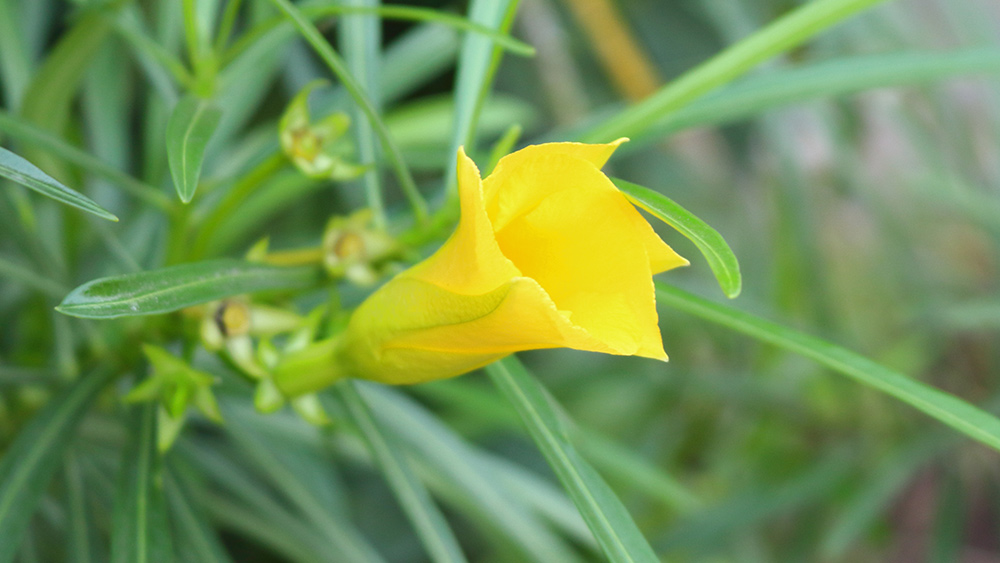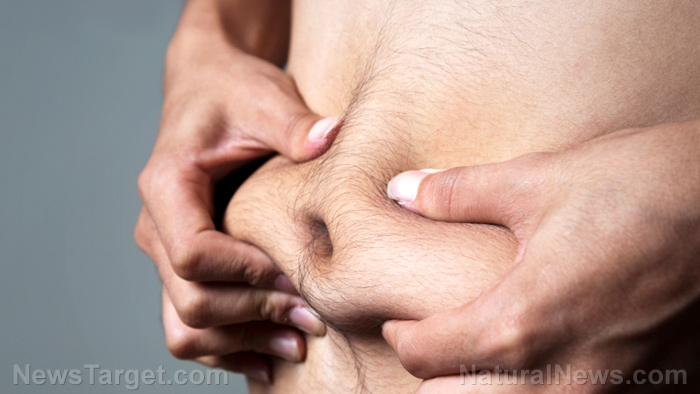The short-term benefits of lemon honey juice fasting
11/26/2018 / By Edsel Cook

The consumption of honey and lemon, as well as the practice of fasting, are some of the oldest therapeutic approaches to many ailments. Indian researchers evaluated the combination of all three – called lemon honey juice fasting – for their effects on the health of people in the short term.
The researchers received support from the Swami Vivekananda Yoga Anusandhana Samsthana University. They published their findings in the journal Pharmaceutical Biology.
- The study group consisted of 50 healthy adults. Each participant consumed 300 milligrams of lemon honey juice four times a day as their only food. The fasting period lasted for four days.
- The characteristics of the participants were evaluated before and after the fasting periods. The results were statistically analyzed to determine patterns between individuals and between men and women.
- Participants who followed lemon honey juice fasting enjoyed considerable reduction in body mass index, fat mass, free fat mass, total serum triglycerides, and weight. Meanwhile, their fat percentage and total serum cholesterol showed smaller but obvious reductions.
- Group analysis showed that the results for female participants did not diverge. The outcomes for individual males, however, varied widely. This suggested that gender could play a part in the effectiveness of the diet.
- The juice fasting could contribute to lower body weight, body mass index, fat mass, free fat mat, and total serum triglycerides.
Based on their findings, the researchers posited that lemon honey juice fasting could help prevent the onset of obesity and hypertriglyceridemia in healthy people.
The full study can be reviewed at this link.
Visit Naturopathy.news to read up on more naturopathic uses for honey and lemon.
Journal Reference:
Koffuor GA, Boye A, Kyei S, Ofori-Amoah J, Asiamah EA, Barku A, Acheampong J, Amegashie E, Awuku AK. ANTI-ASTHMATIC PROPERTY AND POSSIBLE MODE OF ACTIVITY OF AN ETHANOL LEAF EXTRACT OFPOLYSCIAS FRUTICOSA. Pharmaceutical Biology. 2015;54(8):1354–1363. DOI: 10.3109/13880209.2015.1077465.
Tagged Under: anti-obesity, fasting, honey, juice fasting, lemon honey juice fasting, lemons, natural cures, natural medicine, Naturopathy, weight loss, weight loss intervention




















